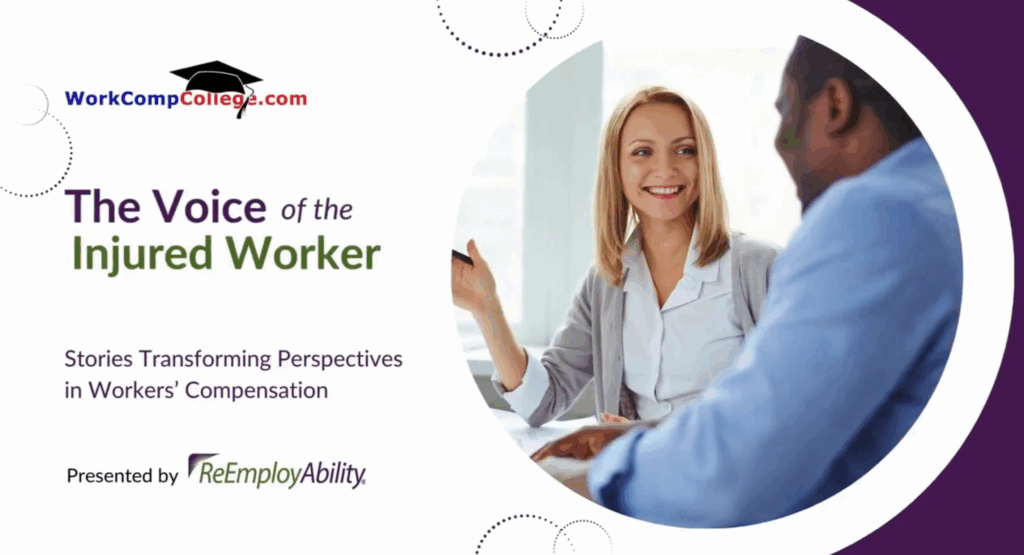
How Human-Centered Support Transforms the Injury Recovery Experience
When a worker is injured on the job, their life can change in an instant and not just physically, but emotionally, socially, and financially. Unfortunately, the system too often focuses on checklists and claims, overlooking the real human at the center.
But what if workers’ compensation wasn’t just about forms and approvals? What if empathy, not efficiency, was the foundation?
Flor and Geri’s experiences in a nonprofit light-duty assignment program offer a glimpse into what’s possible when we reimagine workers’ comp as a human-centered support system. Their stories reveal what happens when recovery isn’t something done to people but with them.
Flor’s Story: Supporting the Whole Person, Not Just the Injury
Flor participated in a return-to-work program after her workplace injury, unsure of what to expect. The environment was new, but the experience of being treated with dignity, kindness, and consistency had a profound impact.
Her supervisor’s responsiveness and her employer’s regular check-ins gave her a sense of stability. “They’re very nice and responsive,” Flor says. “They always check on me. That makes me feel seen.” But while the emotional support helped her stay grounded, Flor is still facing uncertainty in her recovery. “I’m not getting better,” she stated. “And I’m afraid of going back to work and hurting myself again.”
Her story is a powerful reminder: true recovery isn’t just medical. It’s psychological. It’s ongoing. And it requires a system that doesn’t rush the process but walks beside the worker. Honoring their fears, feelings, and future.
Geri’s Story: Turning Confusion into Advocacy
For Geri, a former deli manager unfamiliar with the workers’ comp system, the early days of her injury felt disorienting. She had no idea what to expect and no one to guide her through it.
She was eventually presented with an opportunity that would change everything. Geri had qualified and participated in a return-to-work program, where she finally was seen as more than just “the injured worker.” That support sparked something in her: she began mentoring others.
With empathy, Geri comforted others facing work-related injuries. People who carried the same worried expression she once did. “I’d tell them, ‘Don’t be scared, don’t be intimidated,’” she said. “I shared my story so they wouldn’t feel alone.”
Geri became more than a participant; she became part of the system of support. Her empathy filled the gaps the system had left behind. And in doing so, she became an advocate for what injured workers truly need: understanding, guidance, and the chance to reclaim purpose.
What the System Misses And What It Could Be
Flor and Geri’s stories aren’t outliers. They’re proof that the workers’ comp system, as it stands, often leaves people to navigate fear, pain, and paperwork on their own.
But their journeys also offer a blueprint for change:
- Regular, human-centered communication builds trust and emotional safety.
- Opportunities for meaningful contribution foster purpose and dignity.
- Peer support and mentorship create networks of healing and belonging.
- Long-term emotional engagement, even beyond physical recovery, is essential.
This is what a better system looks like. Not just one that tracks return-to-work timelines, but one that empowers people while they heal.
The Call to Reimagine
We have the tools. We have stories. What we need now is the will to change.
Empathy shouldn’t be an exception to workers’ compensation. It should be the foundation.
When we shift from a transactional system to a relational one, recovery becomes more than a process. It becomes a partnership.
Flor and Geri show us the ripple effect that begins when someone feels seen, heard, and supported. The question now isn’t whether the system can change; it’s whether we’re willing to lead it with heart.


